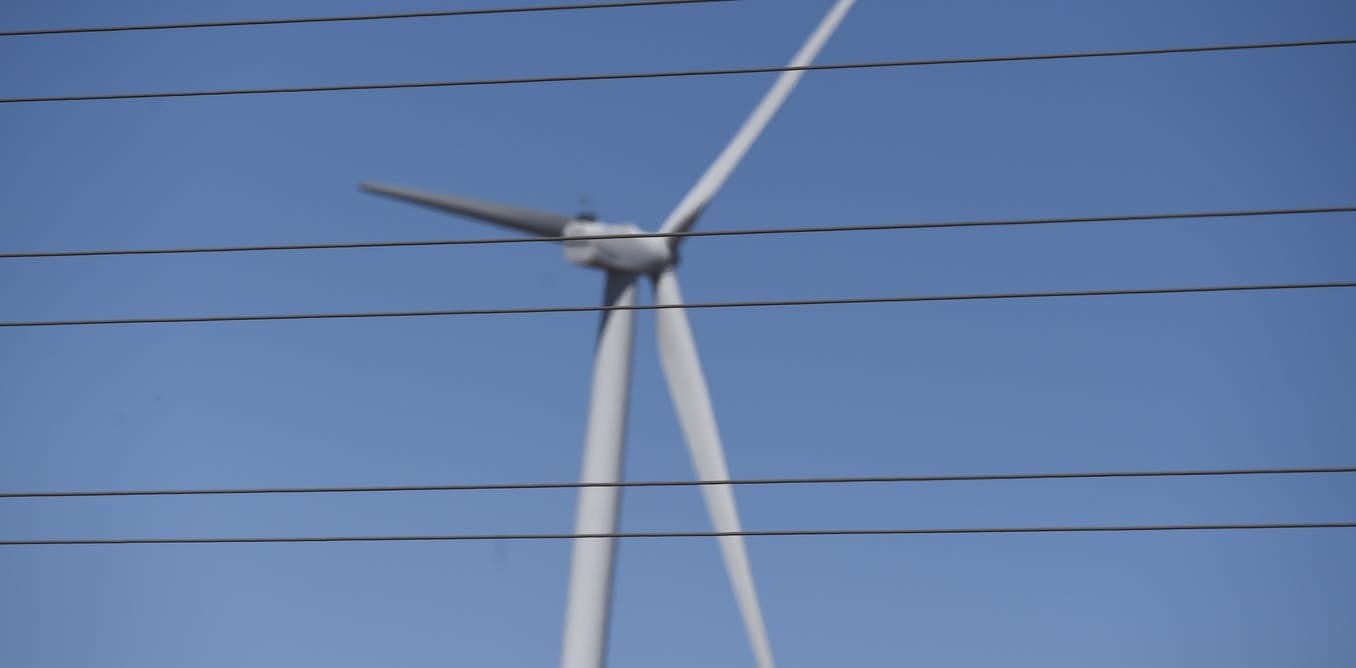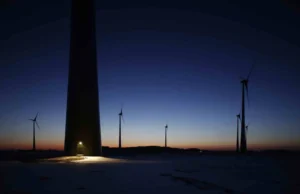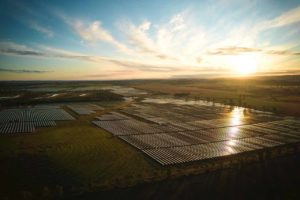The presentation below was given at the very successful “Smart Energy Conference” 2018 in Sydney. The presentation has graphs which attempt to illustrate the story below.
[pdf-embedder url=”https://reneweconomy.wpengine.com/wp-content/uploads/2018/04/Solar-Energy-expo-edited.pdf” title=”Solar Energy expo edited”]
Point One:
There is broad and consistent support for renewable energy both globally and in Australia and this means that renewable energy is now the dominant form of new investment globally and in Australia.
There is clear evidence of global warming, right in front of nearly everyone’s face, and this is reflected in hard data about USA property prices.
Point Two:
NSW’s coal fleet will be largely retired by 2035. To replace not just Liddell, but also Vales Point, and most importantly Eraring (announced closure in 2032 at the latest), requires new investment every year from now until the plant closes. In fact, we should already be investing to replace Bayswater.
Point Three:
The choice we all face is whether that investment should take place before the coal plant closes or after. If it comes after, there will be price and blackout risks.
Those risks are increased by the obvious incentives large gentailers have to minimise the amount of new supply. We increasingly question whether an energy-only market, with no planning function, is capable of delivering that new investment in a timely fashion.
We think that the clear industry consensus is that that most of the new energy required will come from wind and solar, but that a certain amount of firming dispatchable power will be required, along with demand management, to keep not just the lights on but the machines of heavy industry and computers of data centres running.
What is the function of an energy-only market when most of the energy is zero marginal cost? It is better to have a market for the provision of new supply. Competition needs to occur on the bid price for new supply not on the dispatch price. Come on folks, wake up to the 21st century.
Point Four:
Once we all agree it’s better to build the new supply in front of the retiring old supply it becomes obvious that:
(i) we need to minimise the risk for the renewable generation because that drives the price, this means some form of revenue guarantee/certainty;
(ii) we need to hurry up with the long lead items which are basically the transmission zones; and
(iii) we need to officially work out how much new firiming capacity will be required because that too is a long lead item and work out the appropriate way to get it built.
Point Five:
The NEG does not seem to contemplate the fact that minimising the amount of dispatchable power by maximising the diversification of the wind and PV resource should be one of the prime goals of policy.
The less pumped hydro, the less gas, the less batteries, the less concentrating solar that is required to run the system to the current reliability standard the cheaper the price of electricity to consumers.
It’s not a matter of what should the share of renewable energy be to minimise carbon. That is an out-of-date concept. It’s clearly going to be mostly renewables, so the carbon share will look after itself.
It’s more about making sure that the variable renewable energy and the required dispatchable energy get built before the old thermal generation either expires or is forced out of the market by price.
Point Six:
The NSW government bears a lot of responsibility to make sure the new investment starts now, and right now they are stuffing it up.
Point Seven:
Finally, as far as behind-the-meter batteries go, there may be 35-40 brands but there might as well be one. Residential batteries cost 3x-6X the price of auto lithium batteries on an installed $/kWh basis and the only time the price moves in Australia is when Tesla leads. Tesla’s done nothing for a year and so neither has anyone else.
That’s hopeless for consumers and indeed for the industry itself.










